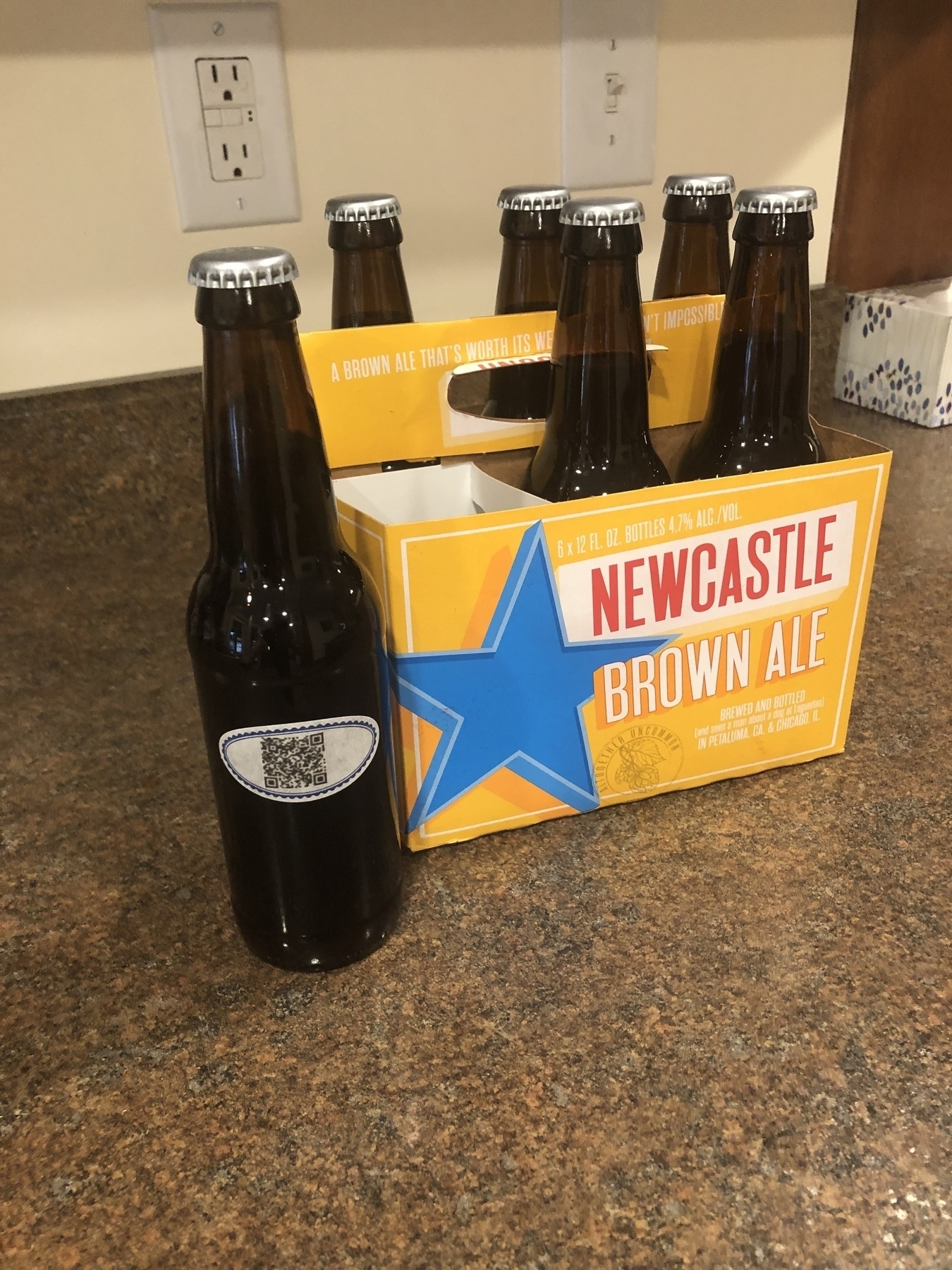“Don’t obsess over politics”—click through to read a good quote posted by Patrick Rhone. It’s not healthy for people to think about politics as much as they do. And I understand why: too much is at stake. That’s the problem. Too few people hold too much power. Literally world-changing power. That is the province of the gods, not humans. Our governments and corporations have long since abandoned human scale, and our anxieties have increased accordingly.
Walking through my neighborhood, seeing so many people living on small city lots using leaf blowers powered by electricity or gas. Our wiser descendants will reach for hand tools for tasks like this, reserving energy usage for work that is beyond human strength.
Look at that butterfly. I asked him about Twitter and Elon and he just stirred his wings. I asked him what Mastodon instance he was on and he fluttered around the brown eyed Susans. Has he even heard of the internet?

Halloween 2022
It’s been a busy week—new staff member at work to train which requires time in the office—so I haven’t had a chance to post much this week. Here is a belated picture and video from our house on Halloween. Our neighborhood feels like an 80s movie on Halloween night. Literally hundreds of kids come through for three hours. Decorations everywhere. People (like me below) in front of their porches handing out candy.
This year’s Jack-o’-lantern. Pictures by Darcy.


My daughter Darcy has declared this Spooky Saturday. She says this involves Starbucks for breakfast, putting up more Halloween decorations, carving the pumpkin, a campfire, and more of the Spooked podcast. They’re still asleep at the moment so I’m watching Horror of Dracula.

Three songs so miserably sad it’s hard to listen to them more than once:
- Keith Whitley, “Don’t close your eyes”
- George Jones, “He stopped loving her today”
- Jason Isbell, “If we were vampires”
Others that fit the description?
I have no idea if the internet is already over, but this is a glorious essay. Via @joshua
”What Feminism Means to Me” by @Annie Mueller is excellent:
I could do what I wanted, to a degree, and stay within the community, be part of the tribe. I just had to be okay with the most important parts of me being casually overlooked, ignored, or dismissed.
It looks like my Belgian tripel was somewhat successful. The ABV is low for the style but it tastes pretty good. I’ve added a QR code on a dissolvable label so that when I hand these out to friends they can see a page on my website that will give them details about the beer.

